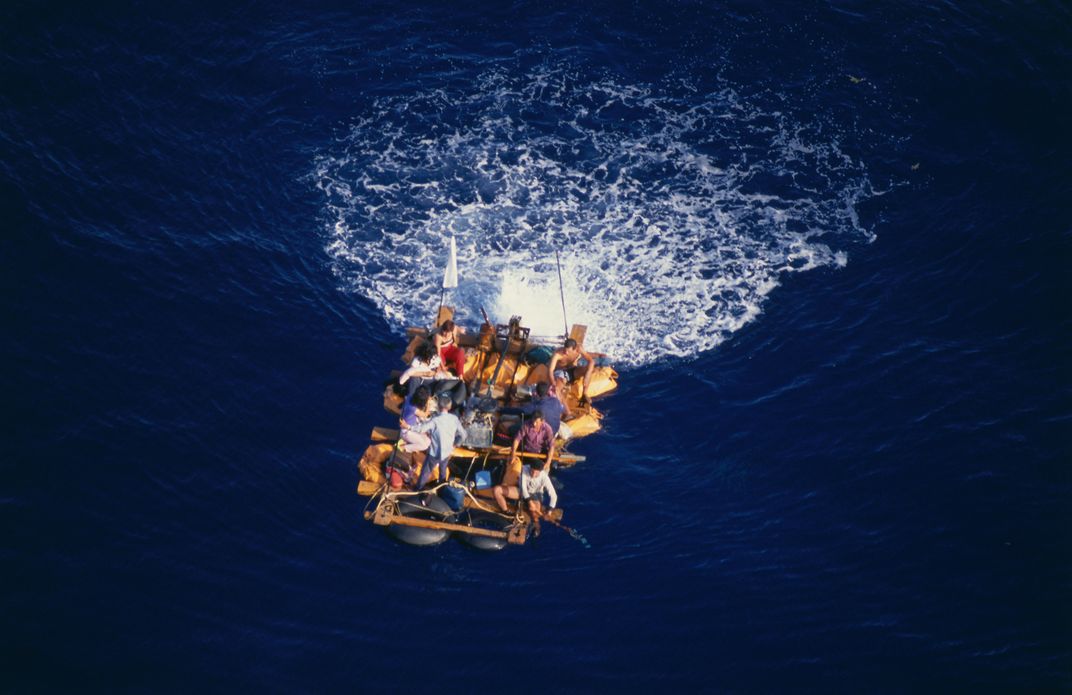Pursuing his cardinal goal of perpetuating himself in power, in 1959 Fidel Castro planted the seeds of a crisis that today seems to be finally winding to an end. The bearded commander rose to power on a scaffolding of unaccountable government so that he could implement his personal agenda, breaking his promise to restore the 1940 Constitution and hold democratic elections, as it was always his aim —privately confessed to his most trusted confidante, Celia Sánchez— to foment perpetual confrontation with the United States, perhaps because he felt despised by how Washington treated him, perhaps because it was the only enemy as enormous as his ego.
Apart from that anecdotal confession (historically, very revealing) and the certainty that he would never hand over power, Castro's objectives were never clear, not even to his closest collaborators, thanks to the strict control over the flow of information that he imposed, with international support and guidance, turning the democratic Cuban Revolution into a totalitarian, Castroist and Russian one.
Gradually, all freedom of expression, including artistic, was restricted in the country, generating an atmosphere of want and distortions of the truth that left citizens totally disengaged from the country's administration.
This lack of information even affected members of the system; although better informed than most, as knowledge was rationed according to one's rank in the Castroist chicken coop, they could only see that part of the picture that Fidel Castro allowed them to, while they bit their tongues, fearful that any criticism could be interpreted as counterrevolutionary.
Through twisted and unchallenged rhetoric, indoctrination, and fear, Castro eradicated free speech and private property. His strategic objective was to minimize social capital in Cuba; that is, interpersonal relationships of all kinds (familial, social, professional, religious, etc.) to prevent coalitions or collective actions not controlled by the Government.
Weakening social cohesion had side effects, however. Those who assisted Castro in the management of the country suffered - perhaps more than anyone except Fidel himself - the consequences of his limitations on the flow of information. They, in their bureaucratic niches, were not aware of what much of what their subordinates, closer to reality, hid, out of fear. Meanwhile, what they did know they hid from Castro himself because they could not express themselves freely, even among themselves, so the regime, and Fidel himself, were left without the feedback essential to recognize correct those errors inherent to any complex system.
By blindfolding everyone else, Castro himself was blinded; by muzzling everyone, Castro himself was as good as deaf. After decades of isolation of the commander in his labyrinth, his project went schizoid, lost contact with reality, and was only viable when it was propped up by foreign forces (USSR, El Chavismo, "21-st Century Socialism"). One man's arrogance doomed the country.
Today Cubans (even those who work within the system) may be divided into three large groups: those who aspire to perpetuate the regime; those who want to reform and improve it, and those who want to replace it with a modern democracy.
But, due to the system's congenital intolerance of criticism, very few are encouraged to voice what they think while they are members of Castroism, at any level, such that they constitute a silent but latent group of dissidents, demonstrated by the diaspora of thousands of former regime officials.
Without freedom of expression, an "information blackout" was produced in Cuba that caused decisions, from microscopic ones at companies, to the Council of State's, to be taken blindly. That crackdown on information, imposed by Castro even before leaving his comfortable hideout in the Sierra Maestra range, is ultimately responsible for Cuba's current power outages, today symbolizing the twilight of a revolution on its death bed.
Insufficient information, plus repression, crippled administrative efficiency throughout Cuba, lowering its creative and productive capacity to almost zero, destroying its economy. Castroism created a vicious cycle in which management at any level is inefficient because information does not circulate, which, in turn, further hampers efficiency. Decades of stagnation have led to the current point of no return, at which, having abandoned all ideals, Castroism is simply struggling to maintain power, even if that means destroying the nation and, even more, its people.
The "informational light" that began to go out in 1959 ultimately led to the physical, real darkness of a country, the result of the incredible irresponsibility of Fidel Castro and his henchmen, Cubans and foreigners, which has produced a broken and deeply indebted economy that subsists on international charity, and the emotional blackmailing of its escapees, as a gangster government has devolved from an efficient dictatorship into simply a crude jailer.
The nation's future is at stake. If it does not want to depend on random solutions, it will have to explore new ideas, new ways to kill Polyphemus, or we will never leave the cave. Otherwise, the situation of 1898, when the future could not be fully decided in Cuba, could be replicated. And this time it would be worse, because now it is the Russians, in cahoots with the Castroist military, who aspire to be oligarchs. In many ways they already dominate the political power, and they are plotting a transition that does not promise the restoration of any republic. But, what do the Cubans around the world want? What do they hope for?
